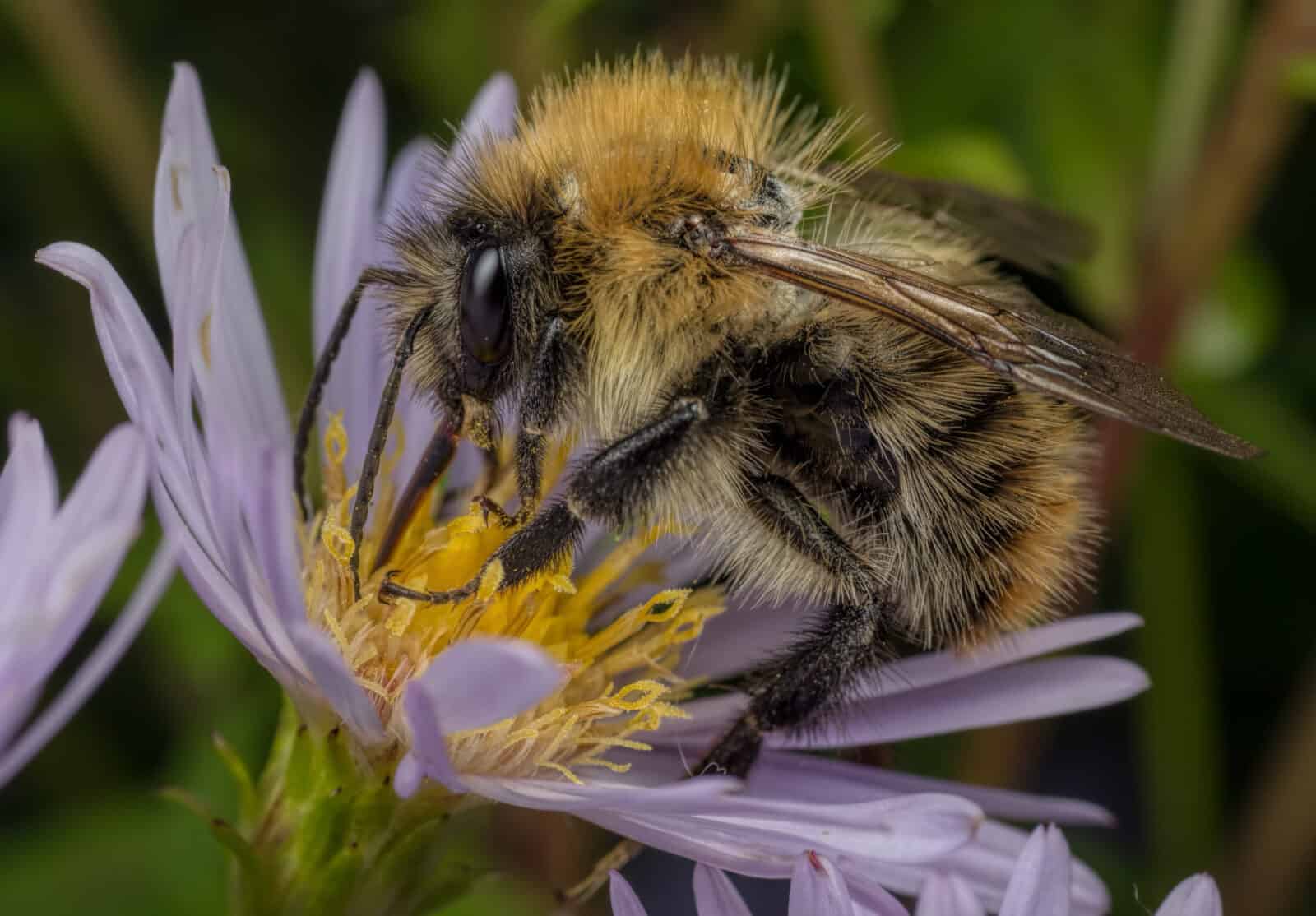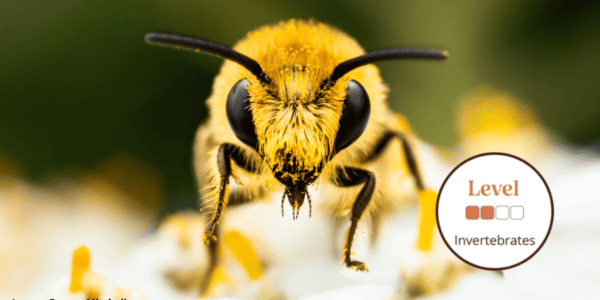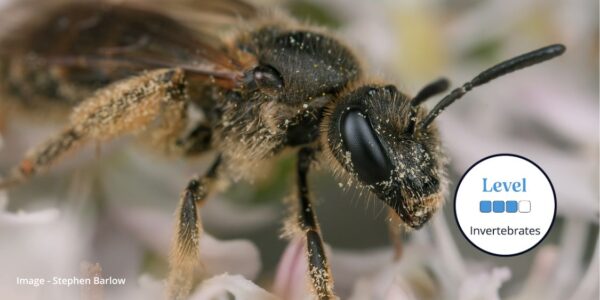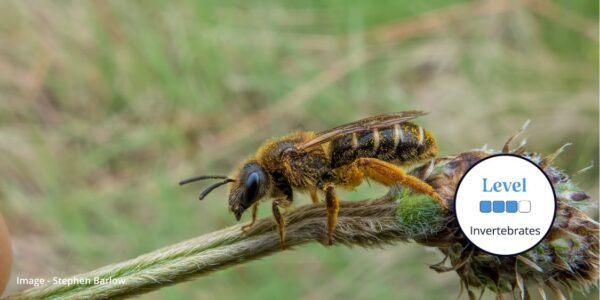In this beginner online course, you will be introduced to the identification skills needed to reliably identify the UK’s bumblebee species in the field.
There are currently 24 species of bumblebee present in Britain, with eight varieties being fairly widespread no matter where you live in the UK.
What will be covered during this course?
- Bumblebee biology and ecology
- Bumblebee field skills and the ‘Big 8’
- Cuckoo bumblebee identification
- An introduction to scarce species and recording
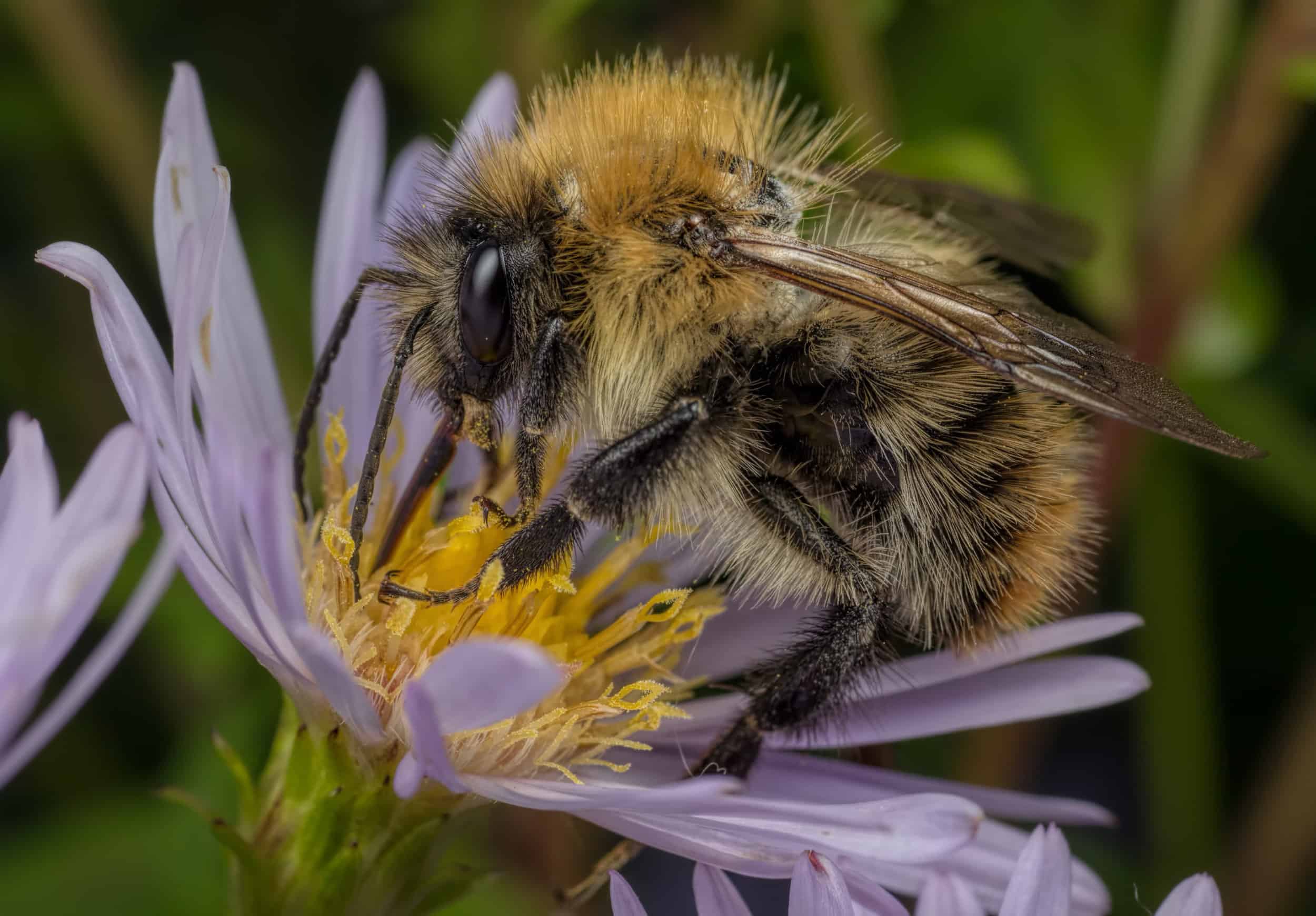
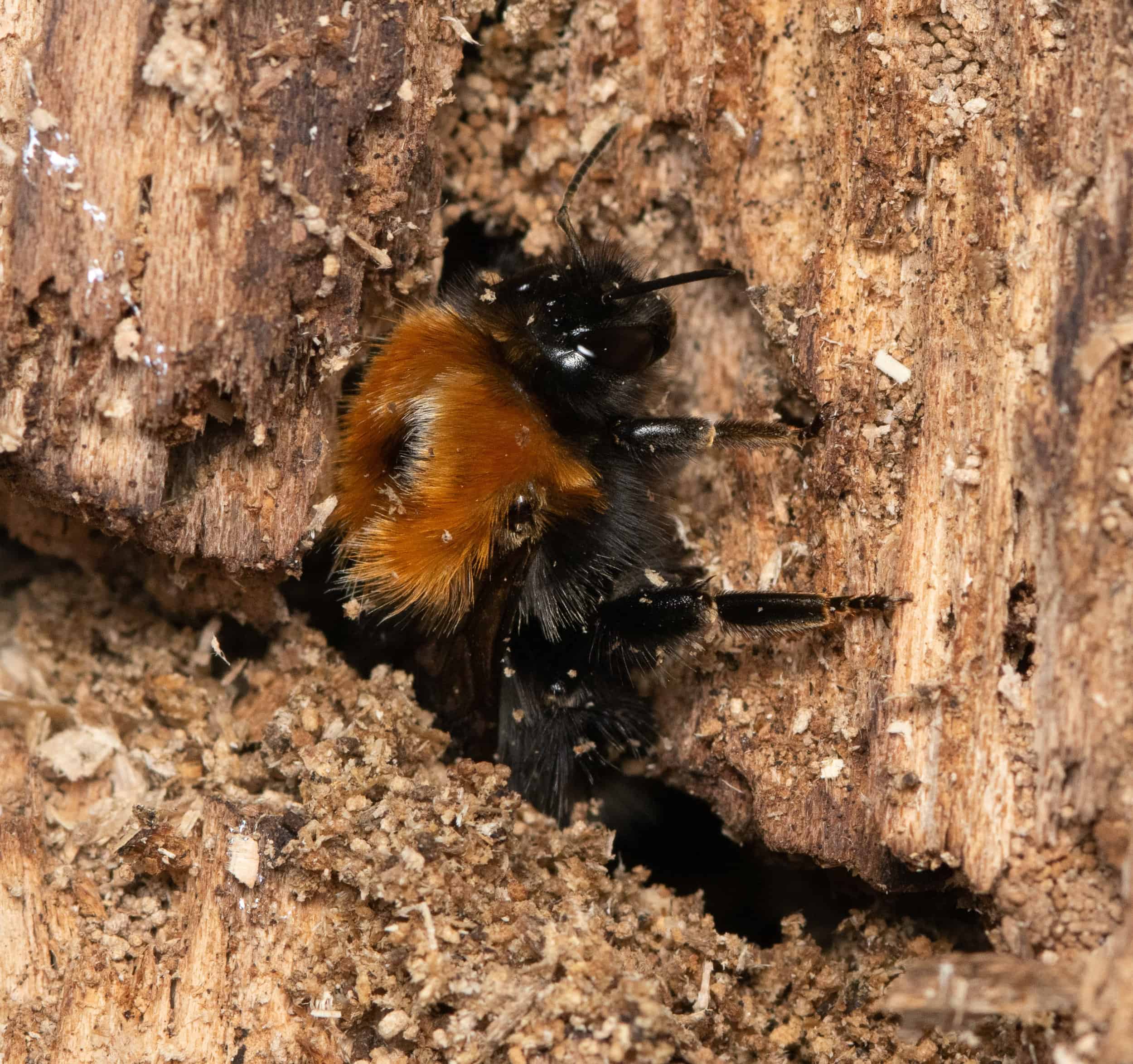
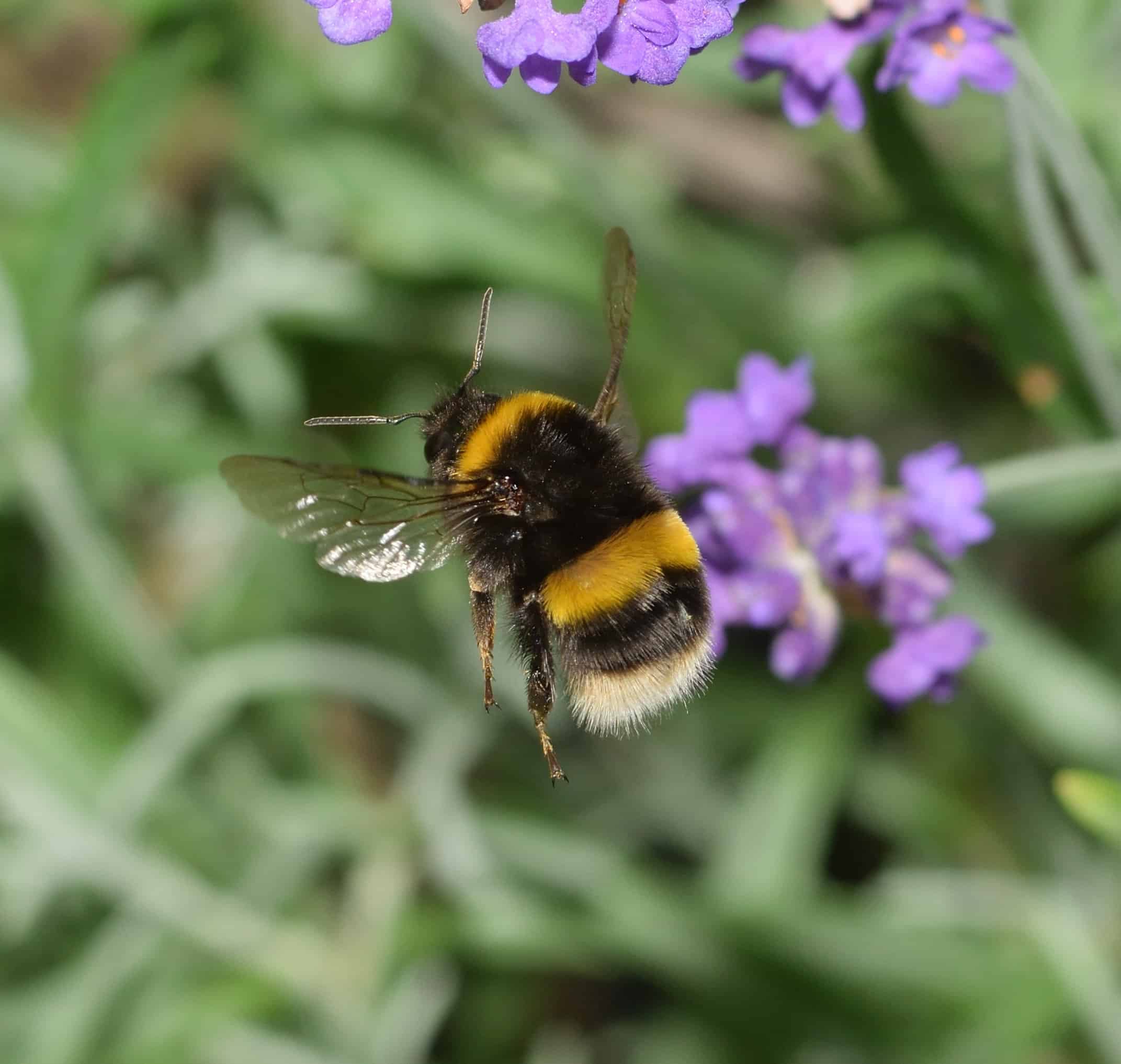
Read More
By looking at the colour of their tails and banding, some bumblebees can be identified in the field. However, queens, males and workers can vary in their appearance, making some species harder to identify than others. This means that identifying bumblebees isn’t always as straightforward as it seems. This course is designed for people who have no prior experience in bee identification but who are interested in learning more about the humble bumblebee and the different species we have in the United Kingdom.
This course introduces participants to the skills and understanding required to begin the reliably identify the species of bumblebee found across the UK. We also discuss collection equipment and techniques and the importance of generating biological records to better inform our understanding of the current state of the UK’s fauna.
This is a 4-week online course covering 4 topics, for which you will complete a variety of self-led online resources and activities. Each topic is then concluded with an interactive Zoom workshop to complement the online content. Time commitment is approximately 3-5 hours a week and an E-certificate is provided upon completion.
By the end of the course, you will be able to:
- Identify the morphological features used for bumblebee identification.
- Know the techniques and equipment used to locate and catch bumblebees.
- Reliably identify the Big 8 bumblebees.
- Be aware of the features used in the identification of the UK’s bumblebee species.
- Understand the process of generating and making a biological record.
Who Should Attend? – Nature enthusiasts, students, rangers, early career ecologists.
Knowledge Level – Beginner. Level descriptors can be found on the following webpage: Framework and Course Level Descriptors
Prior Knowledge – No existing knowledge or experience is needed for this course, just a willingness to contribute and learn.
Please note – bookings will close 2 working days before the course start date to allow for all participants to be enrolled to the online platform – bookings will not be taken after this time.*
*Bookings will close sooner if course capacity is reached .
Understand how our online courses are delivered here.
Live Webinar Information
There are 4 webinars for this course, taking place at the end of each week. Please see the date listing below for the day and time.
Please note – webinars will be recorded and uploaded to the virtual learning platform for learners unable to attend.
About the Tutor
Dr William Hawkes
Will is an insect migration scientist from north Wales based in Switzerland. He has been fascinated by insects for as long as he can remember. Bumblebees especially are among his favourites as they are everything from vital pollinators to amazing long-distance migrants.
Example Timetable
Timetable
Week 1: Topic One
Self-study material available from the start date.
Week 1 Live Webinar at the end of week 1
Week 2: Topic Two
Self-study material available after week 1 webinar
Week 2 Live Webinar: at the end of week 2
Week 3: UK Topic Three
Self-study material available after week 2 webinar
Week 3 Live webinar at the end of week 3
Week 4: UK Topic Four
Self-study material available after week 3 webinar
Week 4 Live webinar at the end of week 4
The final deadline to complete any outstanding assignments and self-study components 2 weeks after the final webinar.
Time commitment: This course will require approximately 2-3 hours of your time each week. This includes covering course materials on our Moodle learning platform and the Zoom session.
What's Included
The course has been carefully created to help you continue to build and develop your knowledge as the course progresses. With content crafted to the online Moodle Platform and bespoke to the Field Studies Council.
The course includes:
- 45-minute interactive weekly Zoom workshops to connect with the tutor and other participants
- Expert tuition for which the Field Studies Council is renowned
- Activities to work on independently in advance of each Zoom workshop
- Tailored course completion certificate
Once registered, you will follow well-illustrated, user-friendly ’books’ to pick up knowledge. Quizzes and skill checks will give you instant feedback on your learning. Forums give students the chance to interact with each other as well as a place to share work.
Bursaries and Subsidies
Student Discount
This course is eligible for a student discount. If you are a current student, please use discount code BioStudent20 at checkout for 20% off all Biodiversity courses.
Natural History Bursaries
There are a number of natural history bursaries available to help with the cost of your course. To find out if you and your chosen course are eligible, read more here.
Before You Attend
Accessing Your Course
- Once you sign up you’ll receive an email at least 24 hours in advance of the course opening with details of how to access our easy-to-use platform, Moodle.
- Moodle can be accessed through a browser or an app.
- Webinars are via Zoom so you won’t need any new software to attend.
Recommended Devices
It is recommended that you access your course through a PC or laptop. Please be aware that there will be reduced functionality if you decide to access the course through a tablet or smartphone. The Field Studies Council is unable to email content directly to you.
Opportunities to attend this course
-
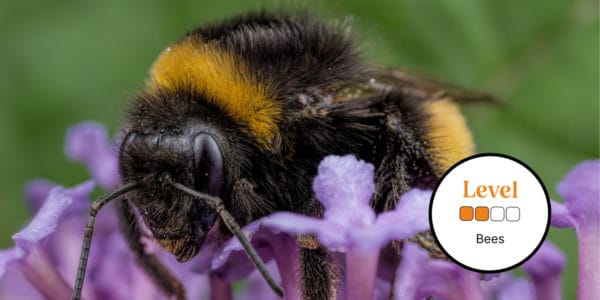
Thu 16, May 2024 - Thu 27, June 2024
The webinars will take place on Thursdays 7.00 pm – 7.45 pm on the following dates:
- Week 1: 23rd May 2024
- Week 2: 30th May 2024
- Week 3: 6th June 2024
- Week 4: 13th June 2024
No current dates for this course? Click here to view all the upcoming Natural History courses.
Progress Your Learning
This is a training course from the Field Studies Council, delivered by expert tutors with an approachable learning style. After attending this course, you may like to progress your learning with further relevant courses or branch out into other areas of natural history. The Field Studies Council offers both online and in person courses, so you can choose the learning style that suits you best.
The course gives you the opportunity to immerse yourself in a new subject and acquire novel skills. Our online portal gives you time to study at your own pace and fit the lessons around your own schedule.
If you have any questions about our online courses please check our Frequently Asked Questions or email [email protected].
Group Bookings Made Easy
If you have a group of 10 or more individuals wanting to complete one of our courses, our team are available to discuss your options – from discounts to private team courses. Click here to find out more!
You can rest assured that the absolute best content from an expert in environmental education will be at your fingertips. In choosing a Field Studies Council course, you will be joining thousands of people who learn with us each year.

